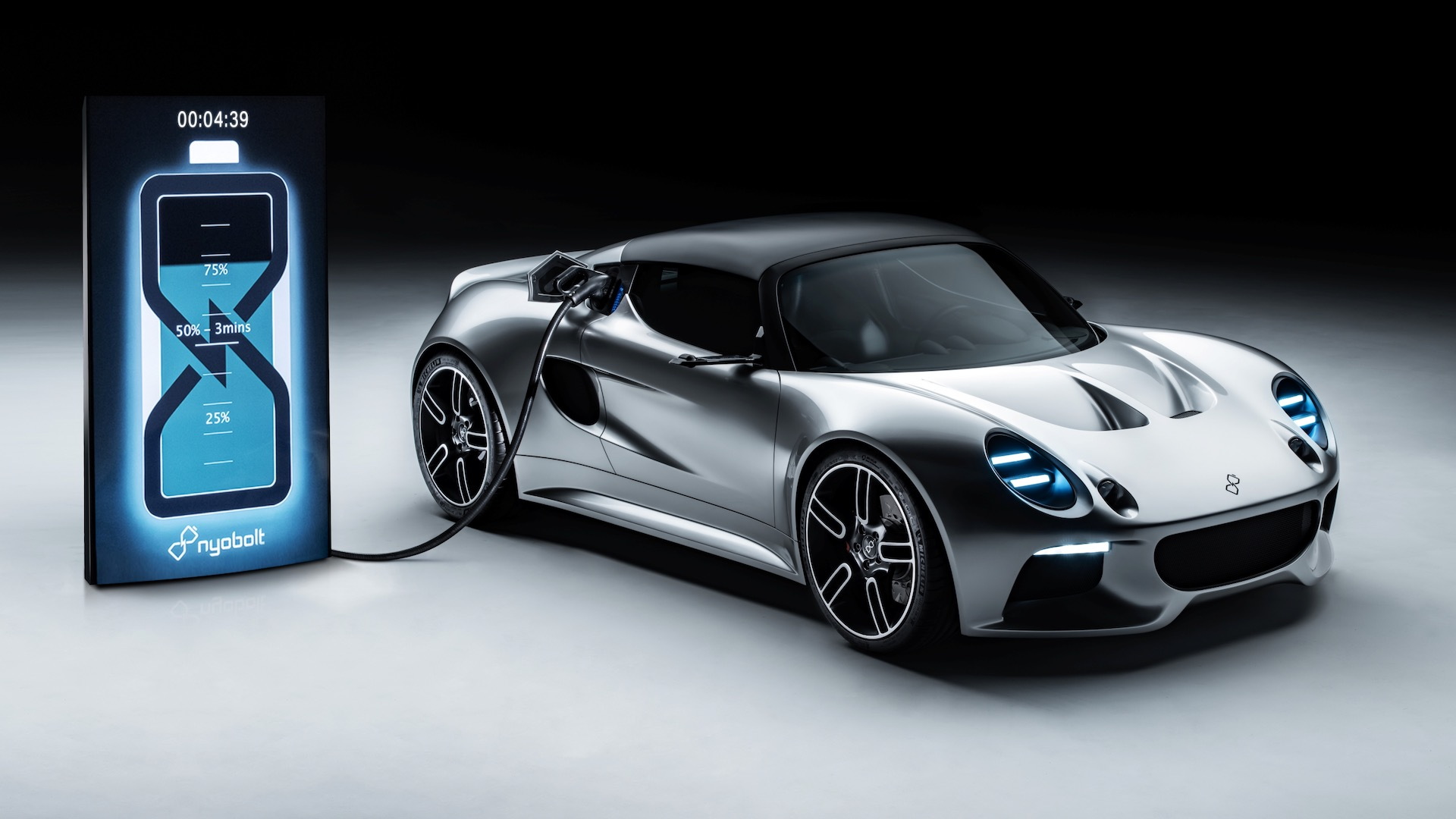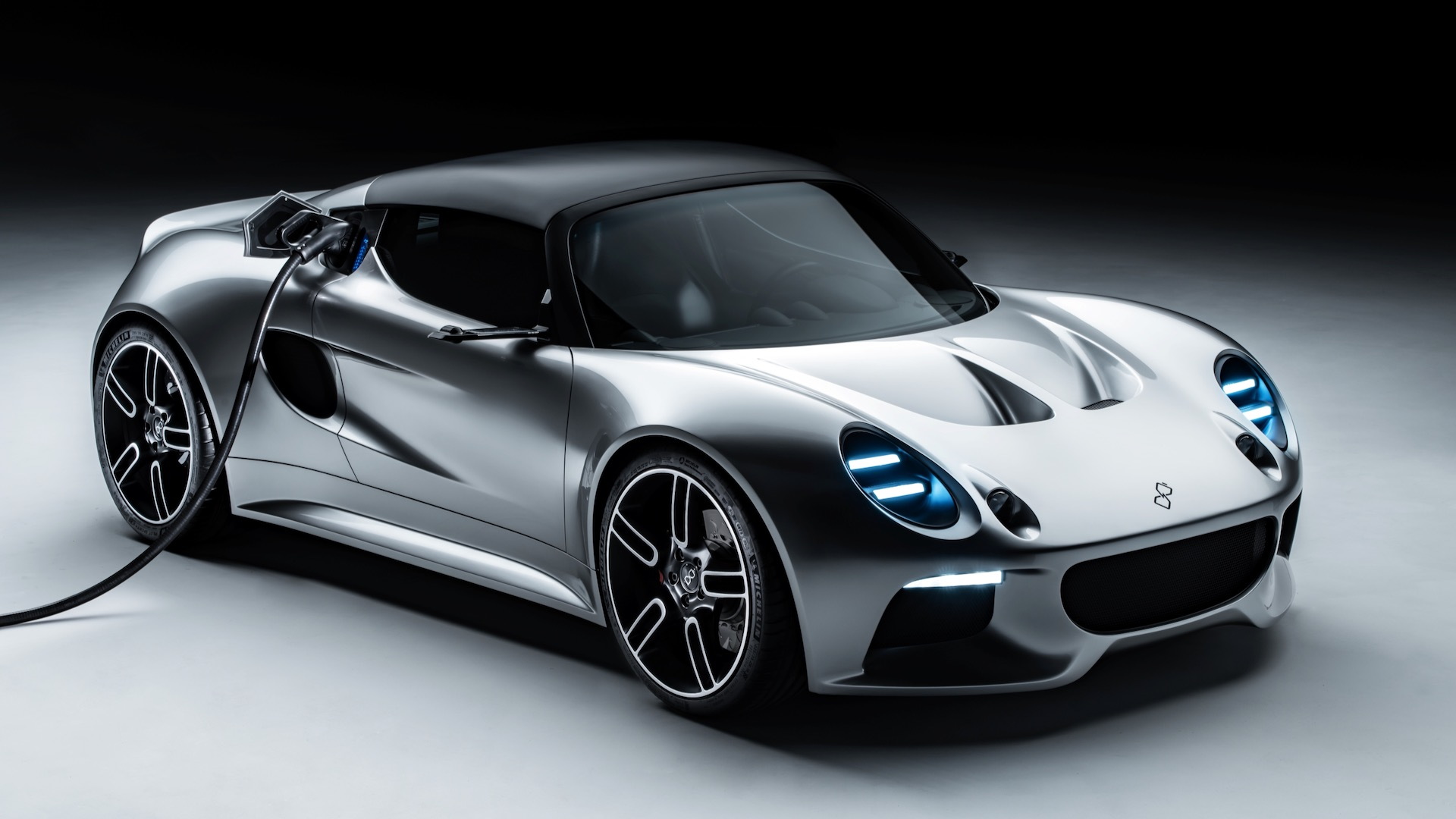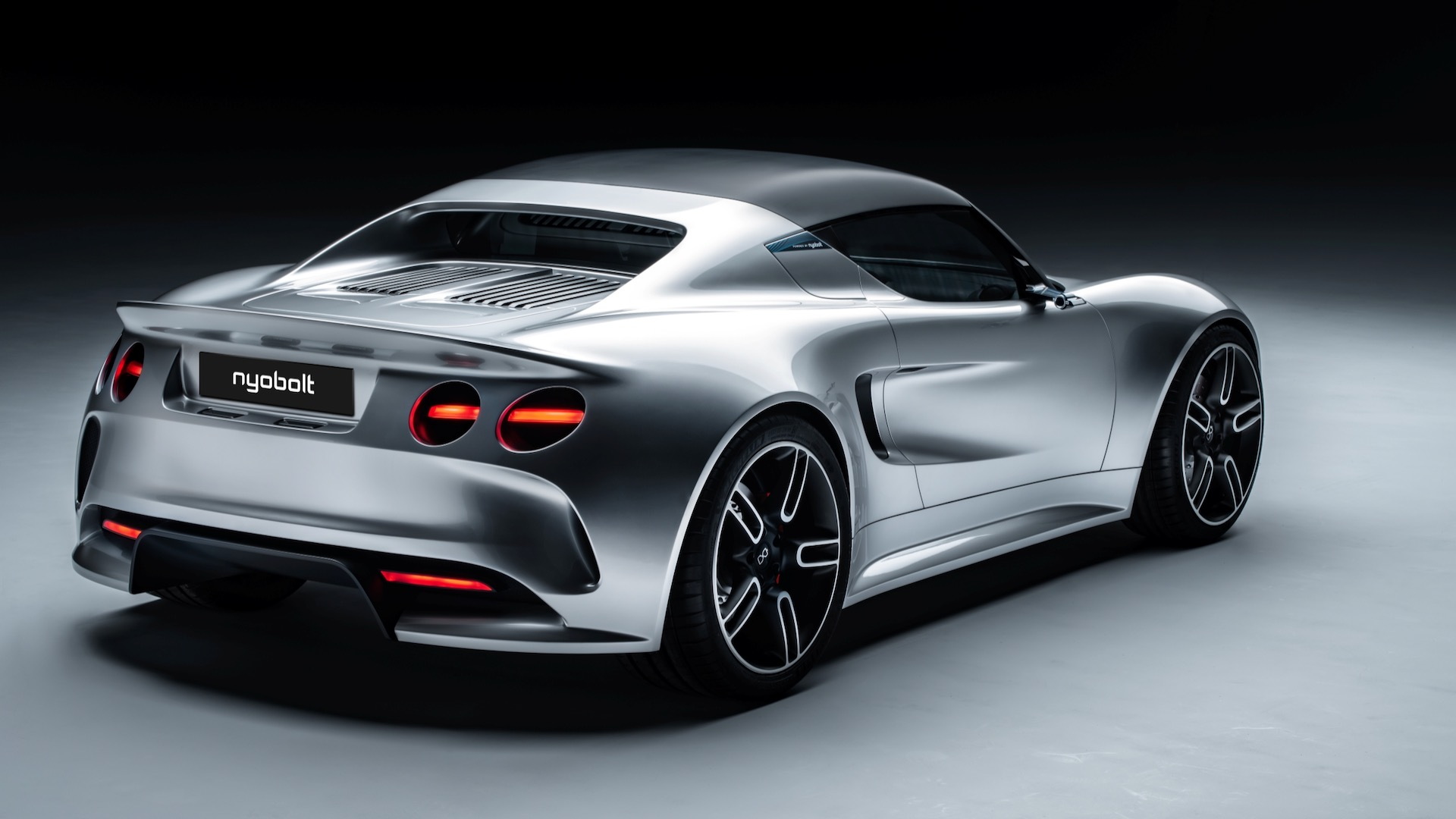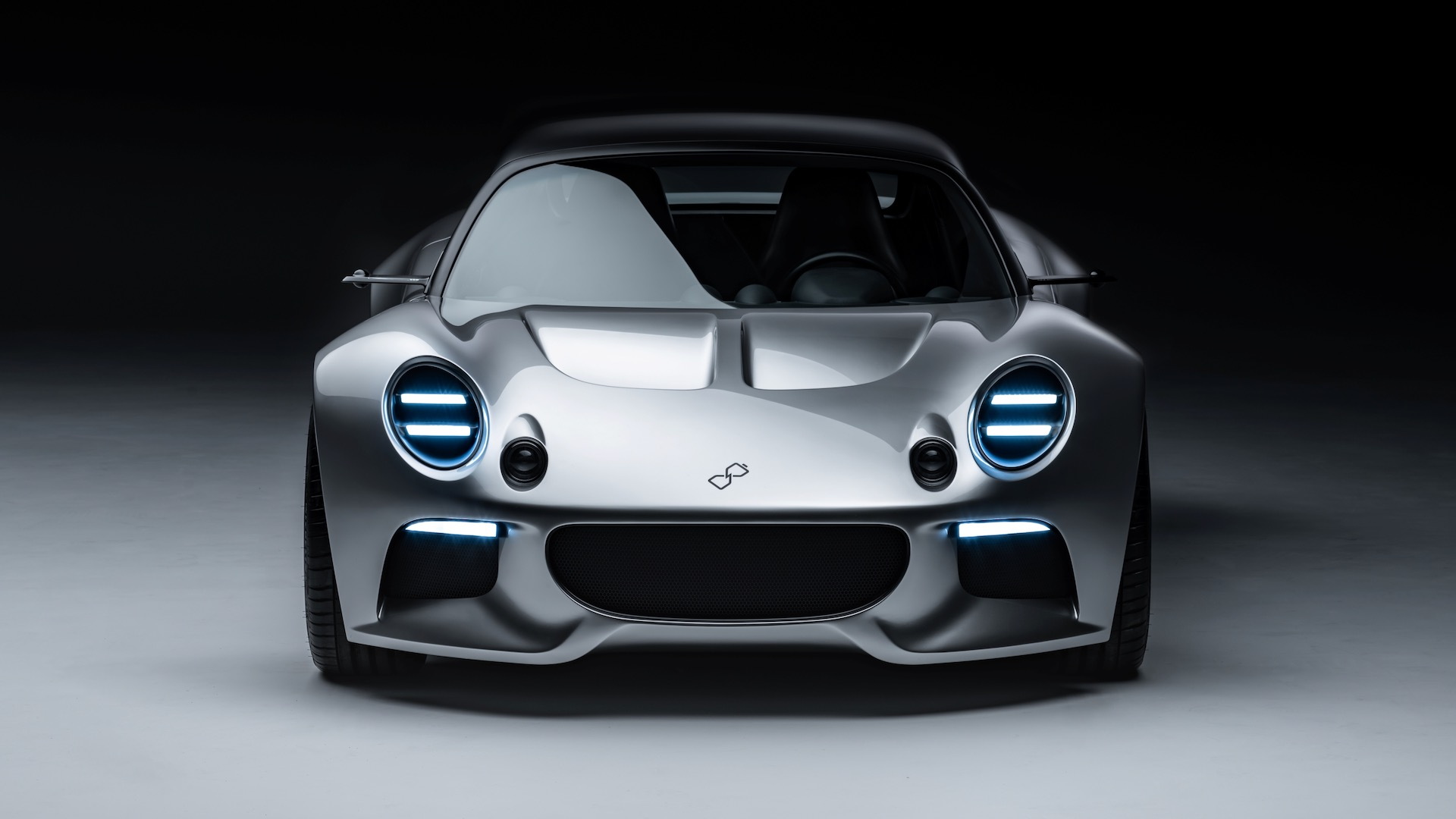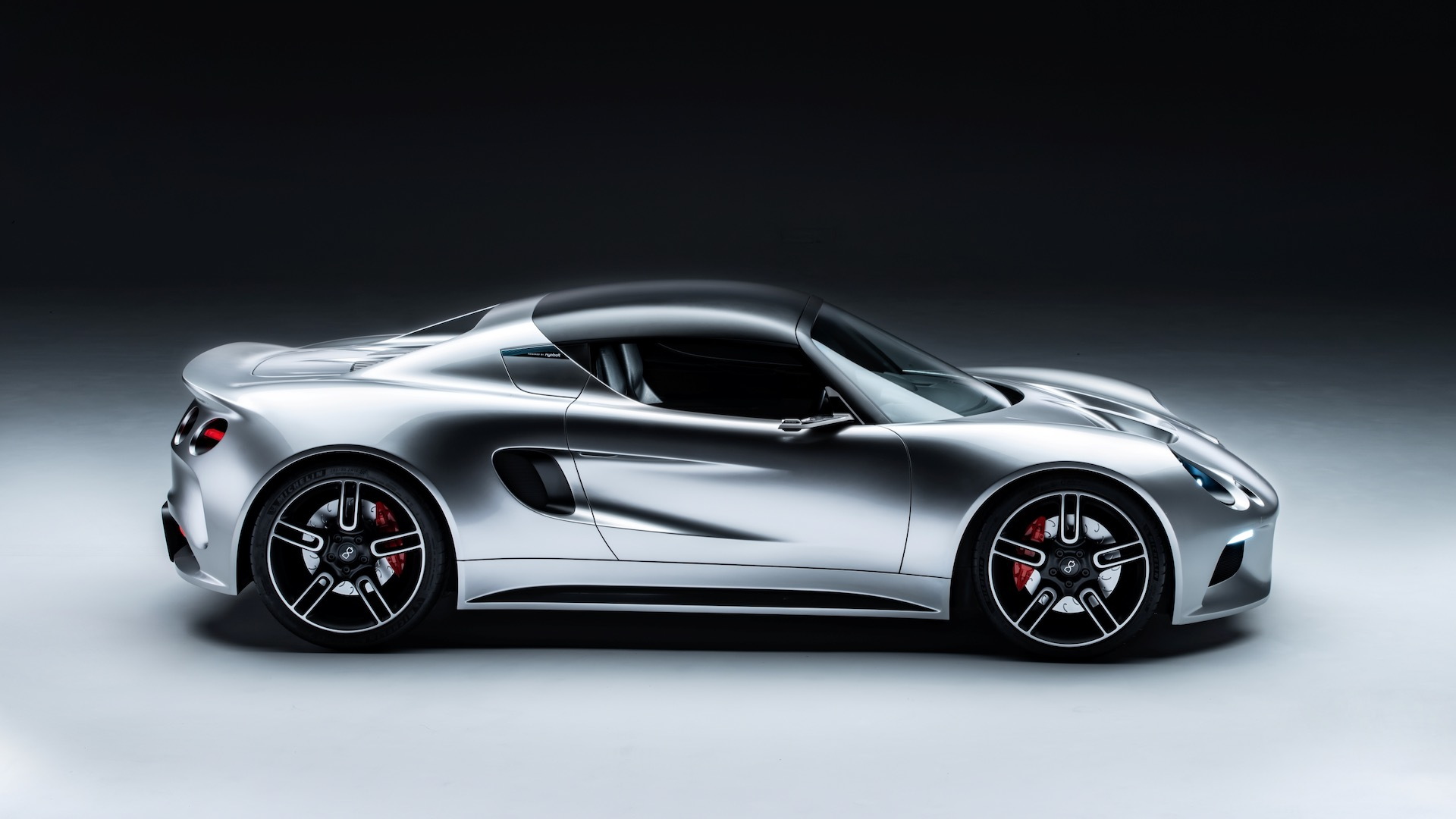U.K.-based startup Nyobolt claims to have developed commercially-viable battery tech that enables EVs to fully charge in less than 10 minutes.
This week, the startup has put it into physical form, unveiling an electric sports car concept that it claims can recover its full 155-miles range in just 6 minutes. That's equivalent to 1,600 miles of range added per hour—more than double the fastest-charging models like the Lucid Air.
In a press release, Nyobolt said its batteries are "capable of immediate application and rapid scale-up," with production scheduled to start in 2024. The startup claims its tested them for more than 2,000 cycles without capacity loss—which is often the hurdle for new designs.

Nyobolt EV battery
As Green Car Congress has reported before, Nyobolt's technology is rooted in niobium anode tech, and particularly work with niobium tungsten oxide particles.
Nyobolt's founders believe faster charging will allow for smaller, lighter battery packs. To demonstrate this idea, Nyobolt teamed with design firm Callum on the one-off electric sports car. The startup claims it weighs "closer to one tonne (2,200 pounds) than to two (4,400 pounds)," making it relatively light for an EV. That's thanks in part to carbon-fiber bodywork and a small 35-kwh battery pack.
That pack size is not far from the original Tesla Roadster pack. The Nyobolt EV was also designed by Julian Thomson, who also designed the Lotus Elise, which served as the basis for the Roadster.
Nyobolt says that it plans to ramp up production of the cells in 2024. At Tuesday's launch event the company demonstrated the six-minute full charge on one of the modules for the roadster's pack, it explained to Green Car Reports, while the company is working to assemble and integrate a full prototype pack into the vehicle in July and August.

Nyobolt electric sports car
Such an idea reminds us of something Green Car Reports has been preaching for a long time—that long range numbers are a distraction from other more important factors like charger availability, charging rate, and keeping vehicles light, all of which will reduce the need for huge batteries.
Nyobolt also claims the fast charging times aren't limited to smaller packs, and that megawatt charging could enable big trucks and buses to charge in minutes.
Translating fast-charging cells to production has proven very difficult. Toshiba, for instance, said that a six-minute charge was within reach, but that cell isn't yet on the market six years later. And Toyota is on the verge of 10-minute fast-charging to 80% with solid-state cells that won't reach production until 2027 at the earliest.
